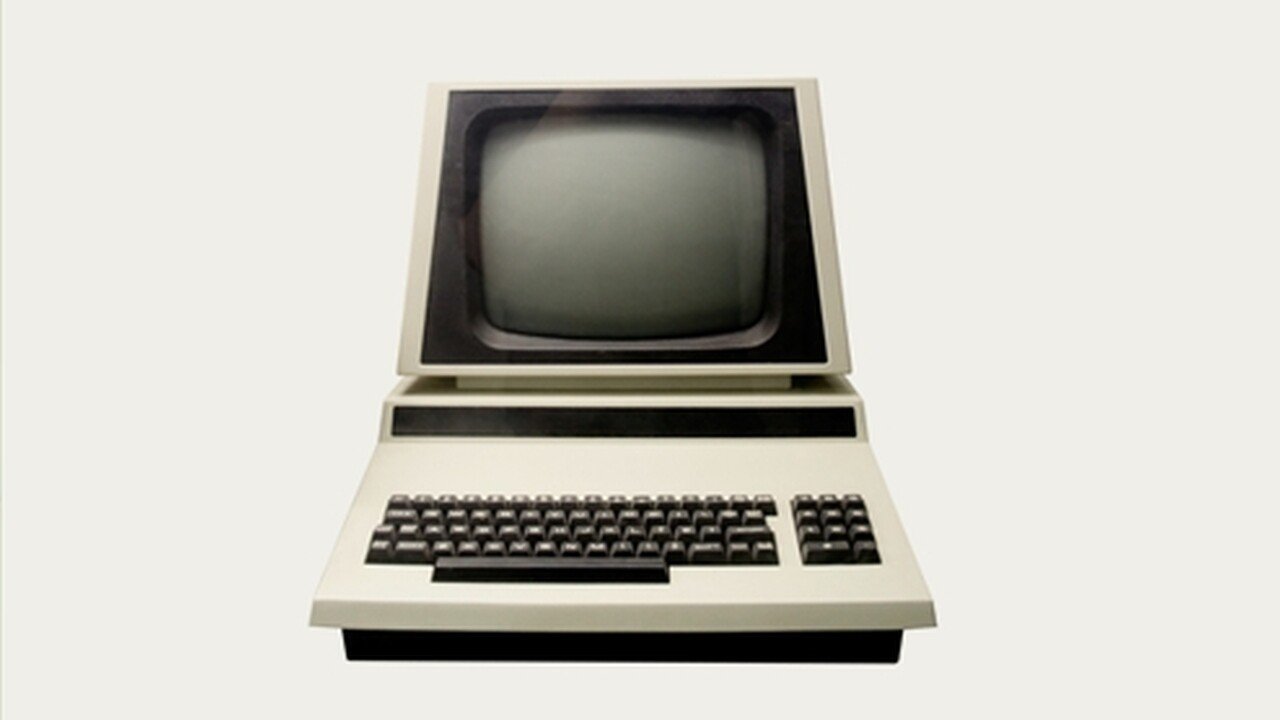A new generation of consoles is fast approaching.

Nintendo’s Wii U will actually be released this year and 2012’s E3 featured teasers for a few notable games — Watch Dogs and Star Wars 1313 — that seemed to be running on either cutting-edge computers and/or unannounced, impending Sony and Microsoft consoles. New hardware is looming on the horizon and, although we do know what the Wii U’s feature set looks like, there’s still time to field predictions for how the other big consoles will shape up.
The whole enterprise is, of course, a bit of a guessing game, but, some elements of the next console generation seem like pretty sure bets.
I remember when the DVD playback of the PlayStation 2 helped to create a selling point — much like how the PlayStation 3 offers buyers access to a machine that not only plays the latest videogames, but comes with a Blu-Ray drive as well — and the presence of a basic dashboard (limited as it was to an options menu and memory card manager) seemed like something out of the future. The basic Internet connectivity options that the PS2 and original Xbox came with only furthered the idea that consoles, from that generation onward, would have to come packed with more than just the ability to play games in order to succeed.
The Xbox 360, PS3 and Wii have only confirmed this idea. Network connections, streaming video services, always-on wireless internet, digital storefronts and (crumby, borderline unusable) web browsers are cornerstone features now. A future console without these kind of applications is pretty much unimaginable. That is to say that, without the basic feature set of a common personal computer, new consoles would look horribly outdated.
When Microsoft and Sony do decide to announce the release dates of their new hardware they will inevitably look a whole lot like a stripped-down computer (a tablet, say) with better than average videogame support. Boil it down to the technology itself and, really, buying a PlayStation 4 or Xbox . . . 720 (eww) will be essentially the same as purchasing a pre-built PC with a decent graphics card.
So, the question is: why bother buying a console at all anymore?
 PCs are pretty great. Over the last few years I’ve very much enjoyed finally having one that can play new games (and having a reason to use Steam and take advantage of the much, much cheaper game prices that Valve’s digital retailer regularly offers) while also making everyday computer activities faster. The problem, though, is that sometimes things go wrong with my computer that, not being an expert, I can’t always diagnose and fix on my own. Many of these issues are to be expected with any computer (Internet connection hiccups, unexplainable errors caused by glitch applications, etc.), but many others are related to games simply not working because of hardware/software conflicts or just plain glitchiness.
PCs are pretty great. Over the last few years I’ve very much enjoyed finally having one that can play new games (and having a reason to use Steam and take advantage of the much, much cheaper game prices that Valve’s digital retailer regularly offers) while also making everyday computer activities faster. The problem, though, is that sometimes things go wrong with my computer that, not being an expert, I can’t always diagnose and fix on my own. Many of these issues are to be expected with any computer (Internet connection hiccups, unexplainable errors caused by glitch applications, etc.), but many others are related to games simply not working because of hardware/software conflicts or just plain glitchiness.
These problems are far more common than they are on consoles. When I head out to the store to buy a PS3 game, I know it will run as intended on the PS3 I have at home (unless my PS3 is broken, the game is scratched or the game was released without proper quality assurance). PCs, despite their ability to enable unparalleled multi-tasking and a far, far greater level of software/hardware flexibility, aren’t guaranteed to support straightforward videogame play-though. Even though I really like playing most games on the computer (maybe even prefer it to consoles) the stability of the standardized hardware offered by Nintendo, Sony or Microsoft will always provide a safer bet for players who want to guarantee that there’s no troubleshooting involved with getting their game up and running.
Because of this, I think, consoles will always be an integral part of the videogame market. Many people would much rather sacrifice flexibility to guarantee that their game playing experience is as simple as throwing a disc into a drive (and, likely, waiting for it to install and update). The question, though, is how this current balance will change as the next console generation adds features that make the systems resemble personal computers.
Will players still opt for consoles when a similar PC is roughly the same price and offers so much more flexibility? Depending on how the next generation of consoles end up, the next few years may change how most of us look at videogame hardware. That, or they could just be more powerful versions of what we already have and the status quo remains exactly the same. In that case, sorry for wasting your time.
***
Reid McCarter is a writer, editor and musician living and working in Toronto. He has written for sites and magazines including Kill Screen, The Escapist and C&G Magazine. He founded, writes and edits the videogame blog digitallovechild.com and is Twitter-ready @reidmccarter.




